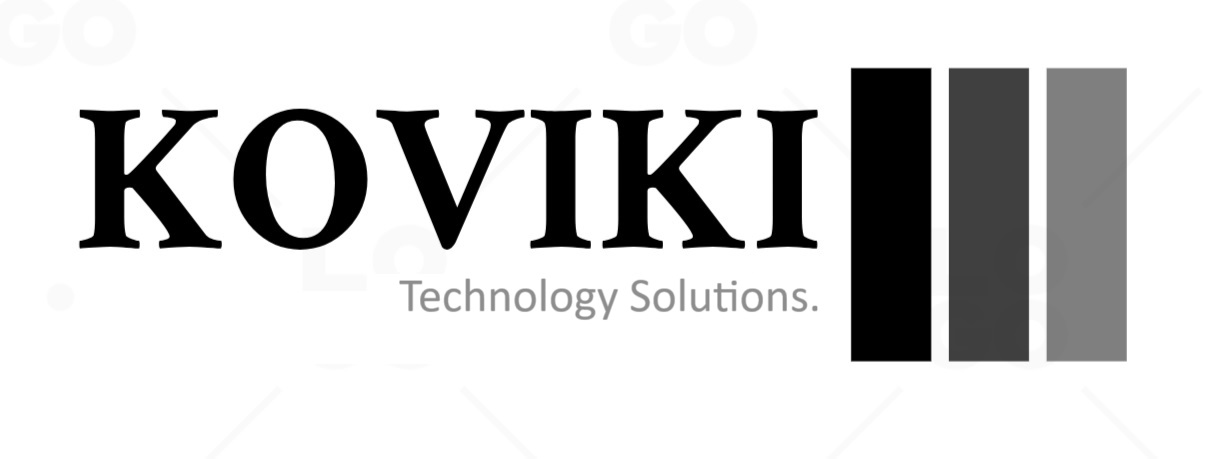

Posted on: June 12, 2024

Negotiating a raise can be a daunting task, especially in the rapidly evolving field of data engineering. However, with the right preparation and strategy, you can confidently approach this conversation and achieve a favorable outcome. Here’s a comprehensive guide to help you navigate this process effectively.
Before you walk into a negotiation, it’s crucial to have a clear understanding of your market value. Research industry salary benchmarks for data engineers with your level of experience and skills. Websites like Glassdoor, PayScale, and LinkedIn Salary Insights are excellent resources. Additionally, network with peers and recruiters to get a sense of the current market trends and demands. Understanding your market value ensures you have a realistic and justified salary range to discuss.
One of the most compelling ways to justify a raise is to highlight your contributions to the company. Document your achievements and the value you’ve added. This could include successful projects, performance improvements, cost savings, or any initiatives that have positively impacted the business. Use quantifiable metrics wherever possible to make your case stronger. For example, if you implemented a new data pipeline that reduced processing time by 30%, make sure to highlight that impact. Creating a portfolio of your work can also serve as tangible proof of your contributions.
Investing in your professional development not only enhances your skillset but also increases your bargaining power. Take courses, earn certifications, or learn new tools and technologies relevant to your field. Platforms like Coursera, Udacity, and DataCamp offer excellent courses tailored to data engineers. Benchmark your skills on top skill management sites like Quantum Quest.This demonstrates your commitment to staying current and contributing more effectively to the organization. Certifications from recognized bodies, such as AWS Certified Big Data or Google Cloud Professional Data Engineer, can also bolster your case.
Craft a compelling pitch that succinctly explains why you deserve a raise. Your pitch should cover:
Practice your pitch to ensure clarity and confidence during the actual conversation. Role-playing with a trusted colleague or friend can help refine your delivery.
Timing can significantly influence the outcome of your negotiation. Aim for a period when the company is performing well, such as after a successful quarter or when your contributions are particularly visible. Avoid times of financial instability or when your manager is under significant stress. Annual performance reviews or after successfully completing a major project are often ideal times to bring up the discussion.
Be prepared for a counteroffer or a potential rejection. Think ahead about what you’re willing to accept and what your next steps will be if your request is denied. Sometimes, a raise may not be feasible immediately, but you might negotiate other benefits like additional vacation days, flexible working hours, or a future review date. Additionally, consider negotiating for professional development opportunities, such as attending conferences or workshops, which can enhance your skills and future earning potential.
Maintain a professional demeanor throughout the negotiation. Approach the conversation with a positive attitude, and be open to feedback. Even if the outcome isn’t what you hoped for, express gratitude for the opportunity to discuss your career growth. Keeping the conversation respectful and constructive can leave a positive impression and may lead to future opportunities.
After the discussion, send a follow-up email summarizing the key points of the conversation and any agreements made. This provides a written record and shows your commitment to professional communication. It also serves as a reference point for future discussions. For example:
Subject: Follow-Up on Raise Discussion
Hi [Manager’s Name],
I wanted to thank you for taking the time to discuss my role and compensation today. I appreciate the
feedback and the opportunity to outline my contributions and future plans. As discussed, we
agreed to revisit the possibility of a raise in three months after the completion of [specific project].
Thank you again for your support and consideration.
Best regards,
[Your Name]
Negotiating a raise as a data engineer requires preparation, confidence, and strategic thinking. By understanding your market value, documenting your achievements, continuously developing your skills, and preparing a compelling pitch, you can significantly improve your chances of success. Remember, the key is to approach the conversation with professionalism and a clear focus on your contributions and future potential.
By following these steps, you can navigate the raise negotiation process with confidence and achieve a result that reflects your value to the company. Good luck!